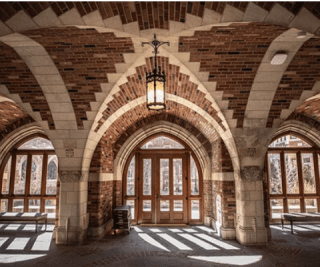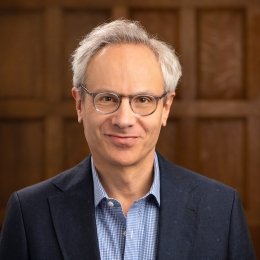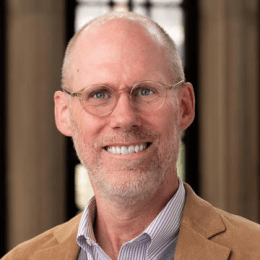Division of Humanities
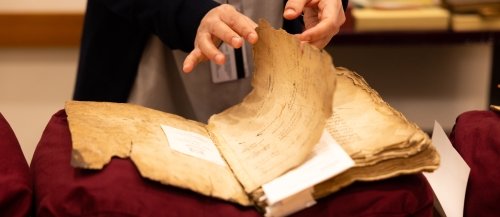
Knowledge from antiquity to the present
The faculty of the FAS Humanities division cover an expansive intellectual terrain. They are experts in history, literature, language, philosophy, and the arts. Their work asks who we are and what we might become as they make new discoveries about the past and present that will shape the future of human culture. Through collaboration, research, and teaching, they initiate conversations around the most pressing questions that humankind has addressed from antiquity to the present.
The divisional dean of the Humanities is Marc Robinson.
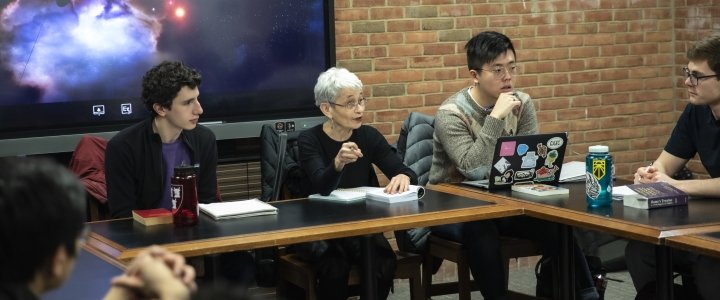
Humanities departments and programs
The FAS's 20+ humanities units cover the range of human knowledge: from English to Classics; from History of Art to Theater, Dance, and Performance Studies; from the world's languages and literatures to History. In addition, several programs are cross-divisional, bridging Humanities and Social Science.
News

‘Revolutionary Barcelona’: in the archives, history comes to life
In an undergraduate course taught by Aurélie Vialette, Associate Professor of Spanish and Portuguese, Yale students examined historical objects from the Spanish Civil War — and engaged with history hands-on in Barcelona.
At the Beinecke, students explore archives from the dawn of the Nuclear Age
In an undergraduate seminar taught by David Engerman, Leitner International Interdisciplinary Professor of History and of Global Affairs, global affairs majors use the Yale Library’s archival collections to bring a historical perspective to contemporary questions about diplomacy and national security.
Getting to know… Joe Glynias
In a Q&A, Joe Glynias, Assistant Professor of History, discusses a Baghdadi physician who connected the Islamic and Byzantine worlds in the 11th century, critical engagement in the classroom, and practicing pizza patience.
The Yale Review named a finalist for two National Magazine Awards
The Yale Review, led by Professor in the Practice of English Meghan O'Rourke, has been named a finalist for two 2026 National Magazine Awards: General Excellence in Literature, Science and Politics, and the ASME Award for Fiction.
Becoming better thinkers through art and culture
How does architecture affect the way we live? Does it influence our health and our healing? Fatima Naqvi, the Elias W. Leavenworth Professor of German and Film Studies in the FAS, explores these questions in her new book. She looks at how writers and directors portray the architecture of hospitals and describe their experience from the 1880s to the present. Naqvi’s scholarship lies at the intersection of architecture, literature, and film. She argues that by experiencing culture and the arts, we become better thinkers in ways that are difficult to quantify but nevertheless profound.
